Abi joined us on the San Francisco Fellowship from Manila, Philippines. She is a social designer working to drive forward innovation in her home community and wider global network. We caught up with her to hear about her creative change initiatives and how the UnSchool experience has impacted her work.
Can you give us an introduction to yourself and your work?
Hello, I am Abi Mapúa-Cabanilla! If I am to sum up what I do, I consider myself an environmental sustainability driver and social designer. Having worked at the intersections of academia, local communities and the private sector, I’ve had the opportunity to cross-pollinate various disciplines and facilitate co-creation of catalytic innovation.
These roles manifest in the two hats I wear: First, as Founding Director at the Hub of Innovation For Inclusion [HIFI] of the De La Salle - College of Saint Benilde, a university-based innovation space that drives the development of academic-driven ventures, programs, research, and learning experiences for the triple bottom line of equity among people, planet-enriching, and profit-sustaining.
HIFI social startup founders and Mr. Peter D. Garrucho Jr. (man in suit), donor of HIFI (Abi far left). Photo courtesy of Abi Mapúa (left).
Second, as Co-Founder of KindMind, a service design laboratory that helps individuals, organizations, and governments generate business value from the design of services and experiences that are meaningful to people and nurture the planet.
KindMind workshop with a major restaurant chain)on experience design of dining and customer journey mapping. Photo courtesy of Abi Mapúa.
What motivates you to do the work that you do?
Being in a country (the Philippines) gifted with so many natural resources, biodiversity, and gentle people, it pains me to experience a hodgepodge of problems like the loss of habitats and biodiversity, erosion of our culture and identity, continued poverty and inequality, and the ultimate lack of systems understanding and political will to build our nation.
This pain has been my pilot and motivation to continue working and build new models that will hopefully bring much needed change. Cliché as it may seem, I believe the Filipino is worth ‘designing’ for.
How did you find out about the UnSchool, and what motivated you to come?
I found out about the UnSchool because I have been reading up on Systems Thinking, design, and changemaking as part of my work. I’ve been very intrigued about the tools the UnSchool develops and its whole mindset of enhancing the agency of each person for disruptive change.
A lot of what I do with youth and communities is really about transforming mindsets and behavior — the work of the UnSchool resonates so much and this motivated me to take a chance and apply as a fellow.
What was your experience at the UnSchool like?
The UnSchool experience in SF was a memorable one. Aside from the fact that SF is one of my favorite cities in the world, the program allowed me to see what other individuals from different fields across the globe are doing.
I learned so much from the rich conversations we had, that are not necessarily about agreeing. I love the fact that it did not seem like we were preaching to a group of converts but it was really about sharpening our skills to deeply understand contexts, listen, and learn to articulate perspectives. The UnSchool experience affirmed the work I do and fueled me to be braver yet more sensitive to nuances and systemic relationships.
Abi and her team during the San Francisco Fellowship. Photo from the UnSchool blog.
What was the main take away you had from coming to the UnSchool?
That the future belongs to the brave.
Tell us more about your initiative(s), and how is it all going?
Innovation incubation has often been synonymous with a myopia over specific product and/or service development and scaling to solve problems, instead of understanding the many factors surrounding our social/environmental ills.
Abi: “Organised the first Climathon in the Philippines under Climate-KIC. We are first city enabler and Pasig City is the city host. With me in the photo is Pasig City Mayor (middle) Vico Sotto and Benilde Chancellor Bob Tang.” (Photo courtesy of Abi Mapúa)
HIFI programs have been driving the value of systemic change and the concept of sustainable proportionality rather than business scale at all time and at all costs. This can be seen in a number of youth-driven projects we support and help develop from the redesign of consumption to embrace post-disposable lifestyles, sustainable fashion, sustainable furniture, urban revitalization, and inclusive mobility to name a few.
How did the UnSchool help you start/evolve it?
The experience definitely enriched and transcended into the programs I create and run.
How have you amplified this change you do in the world?
As part of my service design, systems mapping and human-centered design research work with KindMind, I have been helping out organizations and government agencies look into leverage points surrounding the issues of climate change, disaster resilience, and marine litter in the Philippines (our country ranks 3rd in the world for both disaster hotspot and ocean plastics contributor). I would like to believe that the country is still in its nascent stages of awareness and action.
KindMind workshop with a major restaurant chain)on experience design of dining and customer journey mapping. Photo courtesy of Abi Mapúa.
A major part of my work has been to facilitate conversations, deep dive workshops, and action towards a rethinking and redesign of production and consumption to embrace a circular model because there is huge business value and opportunities we can derive from it.
Creating a platform that will allow me to work with international NGOs, private corporations, and government agencies who play pivotal roles and create huge impact, whether good or bad, is our KindMind way to scale change.
A few of the social startups we mentor and support: Sunny Po. Fruit cider drink from our indigenous tribes in the Mountain Province (photo courtesy of Abi Mapúa).
A few of the social startups we mentor and support: Kamulo. Furnitures made from construction and denim waste (photo courtesy of Abi Mapúa).
A few of the social startups we mentor and support: Ha.Mu. Wearable art made from fast fashion waste (photo courtesy of Abi Mapúa).
How can people engage with, support, or follow your work?
People and organisations interested in working with the academe on developing inclusive innovations may reach me via HIFI.
If they would like to improve the way people live, work and scale impact through the design of services, experiences, and organisational processes they may reach me via KINDMIND.
You may also ping me on LinkedIn!
Abi and her WIFI team (photo courtesy of Abi Mapúa).
